They are different coding styles. The first option
class Christmas {
...
}
extension Christmas: Merry {
...
}
is cleaner when you're looking at the whole class. You can instantly see all the protocol implementations the class conforms to.
Using the second option you put the implementation of the protocol inside the class mixing it with the class methods. However, if you use
//MARK: -
the code becomes not less clean, than when you use extensions. For example:
protocol Merry: class {
func celebrate()
}
class Cristmas: NSObject, Merry {
private var santa: AnyObject?
//MARK: - Private Methods
private func callSanta() {
//calling Santa
}
//MARK: - Merry Implementation
func celebrate() {
//celebration starts here
}
}
and when looking at the whole class you clearly see the separation of the protocol implementation:

The functionality of both options is the same.
